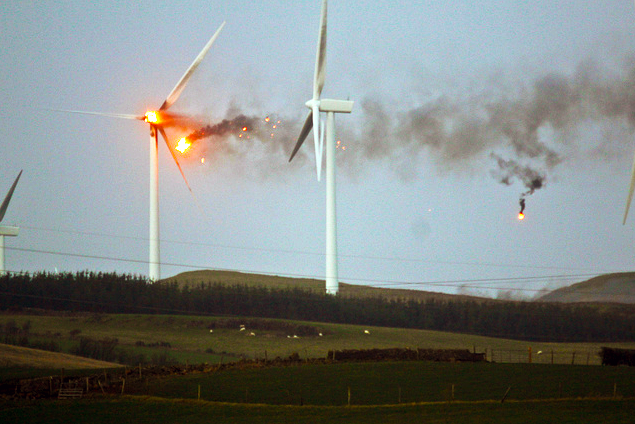Gov Primary Recap: What Do Tuesday’s Results Mean for Energy and Environmental Policy?
Elections have consequences, and this axiom is true in primary elections, as well the general election to be held in November. Now that the dust has settled, it’s a good time to look and see how the two major-party candidates for governor stack up on energy and environmental issues.
Mining: Copper and nickel mining is a huge issue in Minnesota because our state has some of the largest undeveloped deposits of copper, nickel, titanium in the world. According to our new report Unearthing Prosperity: How Environmentally Responsible Mining Will Boost Minnesota’s Economy, mining these resources could boost Minnesota’s economic output by $3.7 billion per year and create 8,500 jobs. If you’d like to learn more, visit Minnesotamines.com.
Tim Walz does not have an official paragraph on his website dedicated to mining in Minnesota, but he did have this to say in an MPR spotlight:
“With Polymet, Walz said he would support allowing the project to move through the environmental review and permitting process, similar to current DFL Gov. Mark Dayton. “We need to follow the science about how do you do this, how do you mine,” he said. “We need to make sure the environmental impacts and studies are as stringent as they can be.” He’s more reticent to support Twin Metals, which is situated close to the Boundary Waters Wilderness, but didn’t directly say he would oppose the project. ‘This is a place that has shaped who I am.'”
Jeff Johnson‘s website mentions mining specifically, stating:
“Minnesota’s economy was built on agriculture and our natural resources.
That’s not to say that farming, logging and mining are the only parts of the economy that matter, but they provide the rock-solid foundation upon which many other industries have been built.
Yet government is doing little but getting in the way of people who work the land. Government permitting too often harasses farmers, miners lose jobs because of bureaucrats and regulations and loggers often are treated as pariahs.
I grew up in rural Minnesota. I know what a blessing our natural resources are, and that the people whose livelihoods depend upon using them are better stewards of the land than any bureaucrat in St. Paul.
I believe we can have copper/nickel mining in Northern Minnesota AND protect our environment. I’ll be an advocate as governor to move these projects forward.”
My take: Both candidates seem open to copper and nickel mining, with Walz supporting the ability of the Polymet project to be reviewed by Minnesota’s regulatory agencies. Johnson is appears to be more enthusiastic in his support of mining.

Renewable Energy Mandates: While there is some agreement on the need for copper nickel mining in Minnesota, the candidates plot out starkly different paths on renewable energy mandates. As I’ve written about many times before, the current renewable energy mandate has been a bad policy for Minnesota because it is a key reason electricity prices have increased 26 percent faster than the national average.
Walz believes the mandate should be increased, according to his website:
“Expand the Renewable Energy Standard to end our dependence on fossil fuels. Minnesota already gets 21% of its energy from renewable sources. And thousands of Minnesotans from all over the state now work in the clean energy economy. To continue to grow this sector, Tim and Peggy support increasing our renewable energy standard to ensure that by 2030, at least 50% of our energy comes from renewables.”
Johnson’s website does not have an official section on energy policy, but Johnson has criticized Tim Pawlenty for his role in signing the state’s first renewable energy mandate. Asked if the state should financially support the development of renewable energy in a recent debate with Walz, Johnson stated:
“No, the government should not be putting its thumb on the scale. … I hate it when government decides ‘we know what’s best for you.”
Final Thoughts: Both candidates seem to have some level of support for copper nickel mining, which is good, but real differences exist on energy policy. A 50 percent renewable energy mandate would be a massive expense to Minnesota families and businesses and would cause electricity prices to skyrocket far more than they already have.